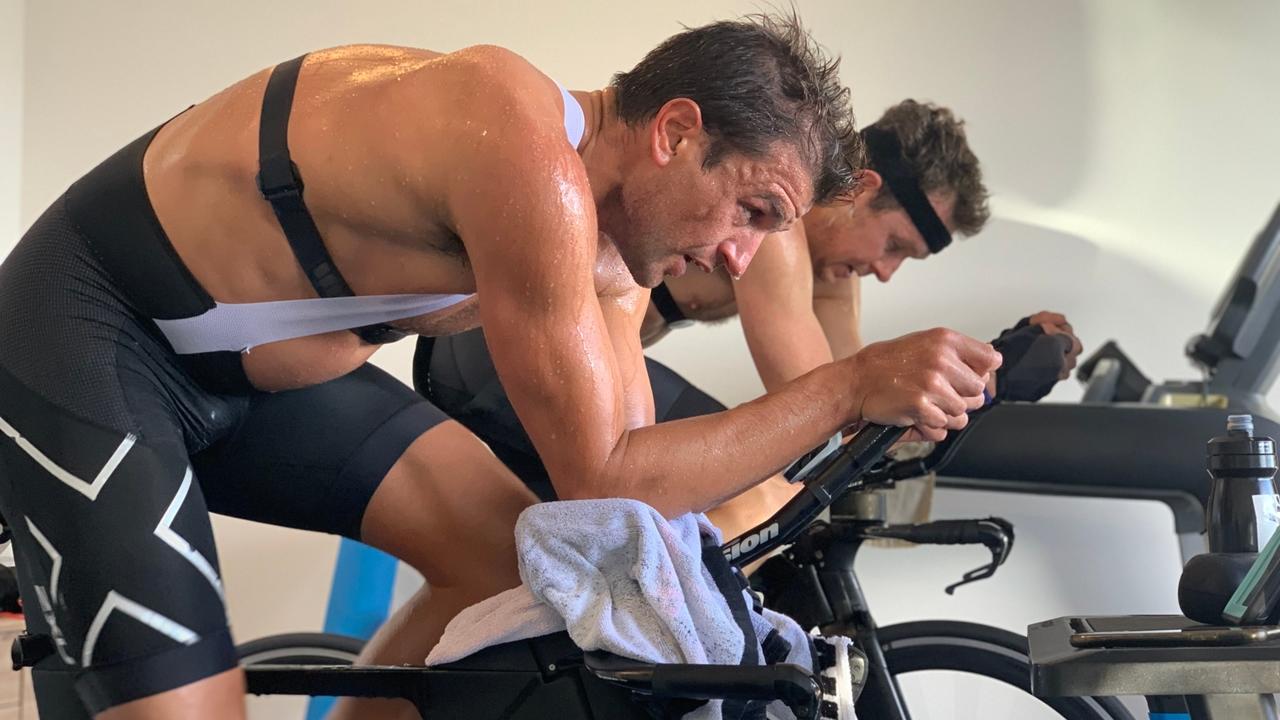HRV Guided Training: Maximizing your Training in the Last Phase of the Season

With the race season coming to a close, and the Ironman World Championships just around the corner, many athletes will be squeezing in as many key sessions as possible during this critical training period. But as we sit on a knife’s edge between training “too much” and “too little”, it’s useful to have some objective measurement to ensure we’re maximizing the adaptation from every training session we undertake.
Recently, I was fortunate enough to have contributed to a heart rate variability guided training study with lead author Alejandro Javaloyes (1). The study compared an eight-week cycling training programme prescribed according to either pre-defined block periodization (BP) or guided using heart rate variability (HRV). That is, subjects completed either a mixed programme set out in advance or a programme adjusted on a day-to-day basis via daily heart rate variability measurements using the smartphone application ‘HRV4Training’.
HRV is a measurement of the variability in the time...
VIDEO: Low Carb Triathlon Training - Latest Research Findings from Dr Dan Plews
In this video, Dr Dan Plews gives an overview of his latest research (12 week very low carbohydrate (<50g) sports performance study) involving low carbohydrate diets (<50g) in recreationally trained athletes. This study is unique, as to our knowledge, it's one of the longest Low Carb High Fat (LCHF) studies conducted.
Watch the video to get Dan's take on the Low Carb Triathlon training needed, and understand what this data means for those LCHF athletes training for Long Distance Triathlon!
Click here for more information on our online course Endure IQ LDT101: The Practical Application of Low Carbohydrate Performance for Long Distance Triathlon.
How do I fuel my races with low carb healthy fat? - Fat Oxidation and Race Fuelling (Part 1)

While down at the event, Prof Grant Schofield and I were invited to present on the low carbohydrate healthy fat (LCHF) performance for Ironman.
The link to the presentation can be found in this closed Facebook group here (anyone can join), and we think it was quite well received with 50+ people attending.
However, as always around racing, one of the main questions we always receive is “how do I fuel my races with LCHF?”. Luckily, along with two of my endurance physiology colleagues at AUT, we discussed this very topic in a paper that used theoretical energy fuel requirements of Ironman triathletes at different performance levels (~8 h, ~9 h, and ~13 h).
This paper was published in the Journal of Sports Medicine, and I’ve tried to summarise below. The science is quite heavy so I will split this blog into two parts...
